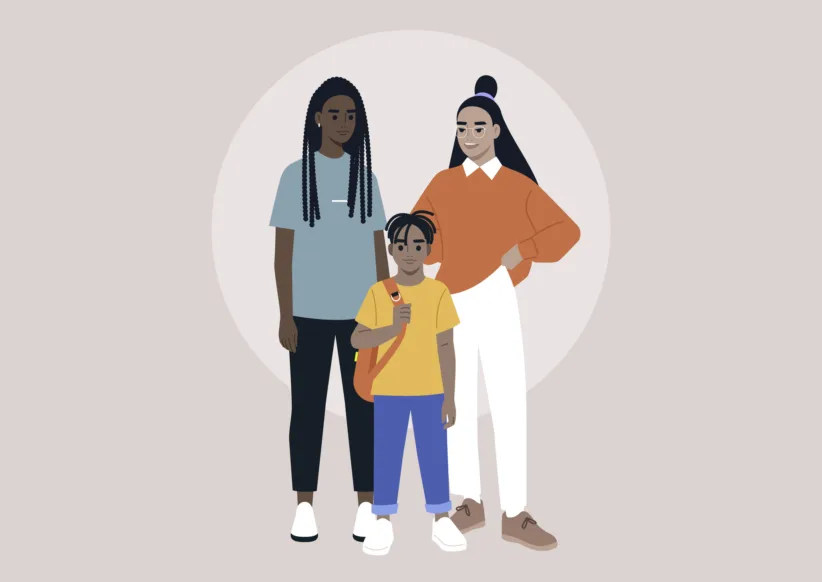The much-anticipated documentary “Babies”— which follows the day-to-day lives of four little ones living in different parts of the world— hits theaters on Mother’s Day. Here, French director Thomas Balm%uFFFDs talks about his inspiration for the project, the making of the film and what he learned from his subjects.
How did you come up with idea to document the lives of four different babies?
The original idea came from French producer and director Alain Chabat. We spent a lot of time speaking together and ended up with the idea of following different kids from birth until their first steps. I felt this could be not only entertaining, but a kind of new experience for the viewer.
How did you choose the families for the film?
I was interested in each country’s relationship to the environment and each country’s relationship to modernity. You have four stages—four families who have different relationships with these two things, from the most basic environment where there’s nothing materialistic, like in Namibia; then Mongolia, where there is a bit more; then America; and then Tokyo.
Did you interact with the babies?
Well, I tried to interact as little as I could. The only situation when I would interact was when I felt something was too dangerous. Once in Mongolia, the baby was playing with some metal close to a motorbike, and I felt the motorbike would fall on him. I stopped everything and we moved away from the motorbike. Another time, I almost interfered but didn’t—it was a scene where the baby was walking between cows. Very quickly I realized that the cows were very cautious with the baby, never stepping on him.
How has your view of parenthood changed since creating the film?
I realized that maybe I was a little too concerned about stimulating my kids. By watching all these different ways of behaving with babies, and watching them grow up and become such beautiful human beings, I felt maybe I should not worry so much that every single minute be filled up with activities. Maybe the quality of time you spend with them is more important than all these activities I used to have them doing.
What do you hope viewers will take away from the film?
This is a very open film where anybody can make up their own conclusions. I am really happy that I’ve had so many different reactions and so many different conclusions as far as what we should think and what we should understand from the film. Hopefully people will enjoy it; I think it’s a very funny and entertaining film and I tried hard to make it that way.





















